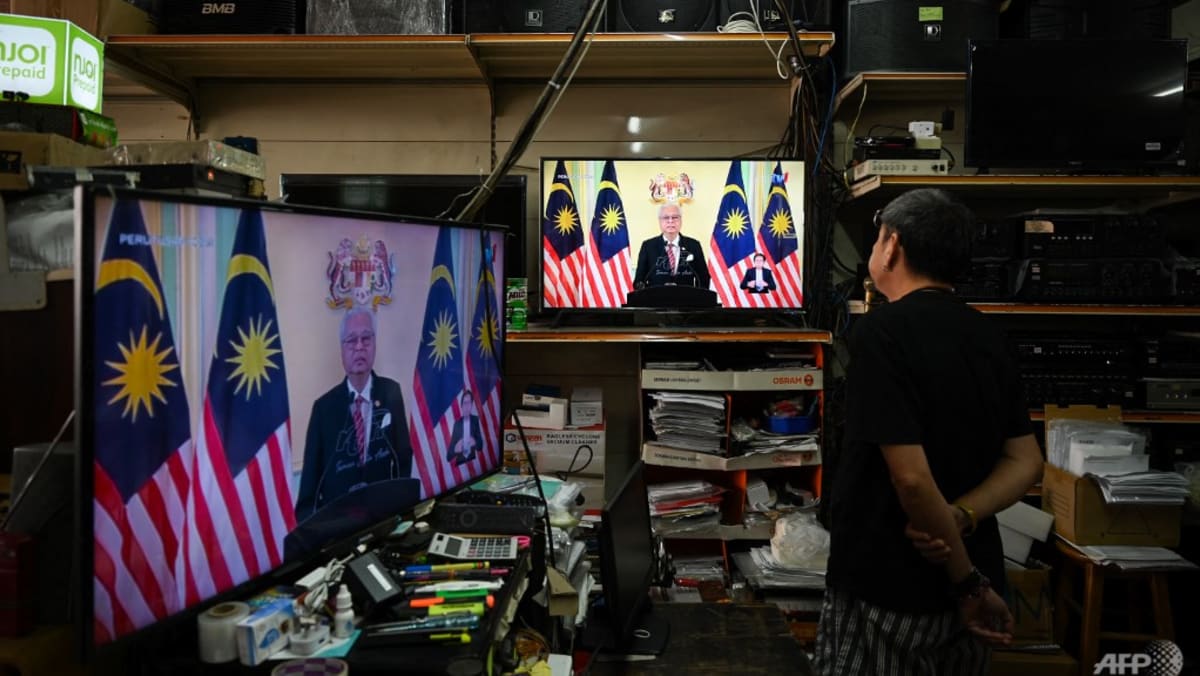
COALITION HOPPING
A major loophole that can be exploited is that anti party-hopping provisions cannot be invoked when a political party joins a coalition or leaves a coalition to join another. The exclusion of coalition hopping is provided in the illustration for the new Article 49A in the explanatory statement, which reads:
“A member of Party A who is a member of the House of Representatives shall not cease to be a member of that House, if Party A, who is a member of a coalition of political parties, leaves that coalition whether or not Party A joins another coalition of political parties or forms a new coalition of parties.”
To put this in a practical context, there is no legal provision barring a PH component party to contest in GE15 with PH, with the PH manifesto and even PH logo on the ballot sheet.
After the election, the party can defect from PH and join a BN-led government, and all the MPs in its ranks will get to hold on to their seats.
The anti-hopping law considers such coalition realignments to be reasonable and permissible, but to informed observers, such a state of affairs is unpalatable as it violates electoral outcomes.
In 2015, for example, PAS broke ranks with the DAP over the issue of hudud (punishments for crimes under the Islamic penal code) in Kelantan. This led to the collapse of the Pakatan Rakyat coalition.
If such coalitional realignments are prohibited, sitting PAS MPs would have lost their seats and triggered by-elections. This would have violated the collective will of voters who had voted for the PAS MPs in the first place (just as the 2020 Sheraton Move violated electoral outcomes).
The anti-hopping law seeks to foster a political culture that respects electoral outcomes. It should be noted that the anti-hopping law, with its flaws, is the product of a compromise between various political parties seeking to garner the requisite two-thirds majority.
As such, more needs to be done to fill in the gaps and understand the practical workings of the anti-hopping law to deal with the unpredictable Malaysian political climate.
Sze Fung Ng is a Researcher at Research for Social Advancement (REFSA). This commentary first appeared on ISEAS-Yusof Ishak Institute blog The Fulcrum.
